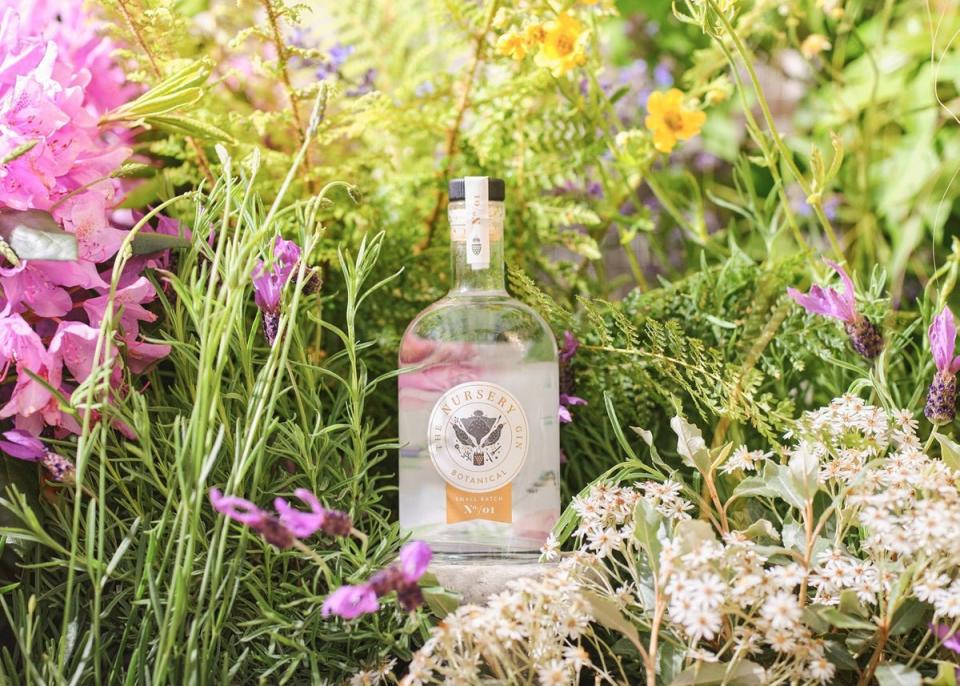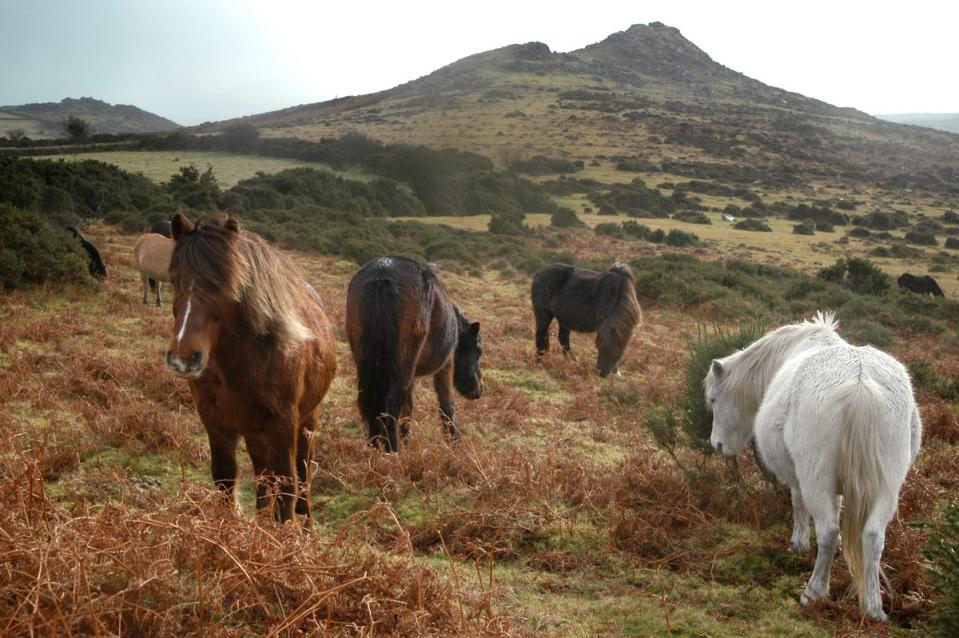The £1bn Duchy of Cornwall estate Prince William will inherit after Queen’s death
Prince William is set to inherit the £1 billion Duchy of Cornwall alongside his title of the Prince of Wales following the Queen’s death.
William has now become the heir apparent and the 25th Duke of Cornwall as well as taking on the Prince of Wales title. He will automatically inherit the Duchy of Cornwall, which has been an income stream for the now King Charles for over 50 years.
This also makes Prince William one of the biggest land owners in the UK as the estate is made up of 52,000 hectares (128,000 acres).
The Duchy of Cornwall’s land is not all in Cornwall contrary to the name. It actually stretches across 20 different counties including Devon, Kent, Dorset, Carmarthenshire and Nottinghamshire.
From commercial properties, forests, rivers and coastline as well as farmland, the Duchy of Cornwall comprises of many different types of land. It even owns a third of Dartmoor National Park including Dartmoor prison.
Oval cricket ground in South London, which has been leased by Surrey county cricket club since 1874, is also counted among its possessions, as a is a garden centre in Lostwithiel in Cornwall.

Waitrose shoppers may have also spotted Duchy Organics products on the shelves. From vegetables to cheese to preserves and cereal, Duchy Organic is the UK’s largest own-label organic food and drink brand.
The brand was founded more than 30 years ago, but it does now operate separately to the Duchy of Cornwall after running into financial difficulties after the financial crisis.
The value of the Duchy’s net assests came to £1 billion when it was all valued at the end of March this year. Most of this came from investment property assets.
The Duchy can be traced back around 700 years to when, in 1337, Edward III set up a private estate giving independence to his son and heir, Prince Edward.
At the time a charter decided the eldest surving son of any future monarch would always get the Duke of Cornwall title.
The new King Charles III, who technically became heir to the throne at age three, is the longest serving Duke of Cornwall ever. He took over running the estate and began receiving it’s full income at the age of 21 meaning 2019 marked 50 years of him running it.
According to the Duchy website, the estate’s revenue was used to fund Charles “public, private and charitable activities”.

It adds that Charles ensured the estate was run in a way that was “sustainable, financially viable and of meaningful value to the local community”.
He, for instance, created the village of Poundbury on Duchy land. It’s a model village near Dorchester in Dorset and has now provided a home for more than 3,000 people.
Responsibility will now pass to William to decide how he runs the estate and what further developments he will plan.
It’s proved lucrative for the now King Charles, with the Duchy paying him £21 million in income for the year ending March 2022, according to its annual accounts.
Charles chose to pay the top rate of income tax, 45%, on his earnings after deducting official expenditure. This totalled £23m in the last year, and there will be questions over whether William decides to do the same.
There is plenty of decision-making that comes along with the Duchy title too. For instance the owner of the Cornish tin mine that was used to film the BBC’s Poldark has just hit out at the Duchy estate for launching legal proceedings against him over unpaid rent for the underground passages of the mine. The Duchy owns the mine’s mineral rights.
The new Prince of Wales will have plenty to negotiate by taking the Duchy on.

